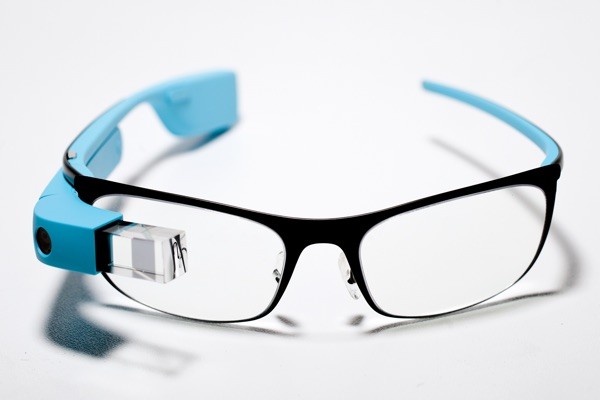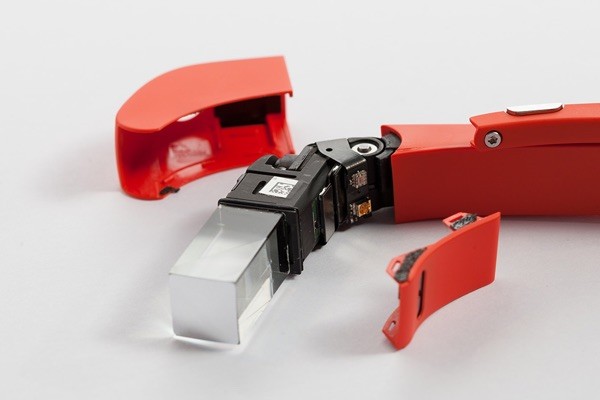The Federal Aviation Administration (FAA) released its long-awaited proposal on rules governing commercial drones this week, drawing concern from big companies interested in using aerial vehicles for delivery services and sighs of relief from photographers, hobbyists and other interested parties.
Highlights of the 33 rules include a capped altitude of 500 feet (about 100 feet more than what was expected), line-of-sight at all times on unmanned aircraft, daylight-only operation, maximum airspeed of 100 mph, and a top weight limit of 55 pounds. Operators will also be required to obtain an unmanned aerial vehicle (UAV) permit and pass a knowledge test every two years. The FAA estimates the total cost to acquire certification to cost no more than $300.
"We have tried to be flexible in writing these rules," said FAA Administrator Michael Huerta in a statement. "We want to maintain today's outstanding level of aviation safety without placing an undue regulatory burden on an emerging industry."
The proposed rules are being well received so far by commercial drone proponents, with CEO Brian Wynne of the Association for Unmanned Vehicle Systems International (AUVSI) calling them a "good first step."
"This proposed rule is a critical milestone in the UAS integration process, and one that is long overdue," he said. "UAS technology has largely remained grounded while many prospective users wait for the regulatory framework to catch up."
Another industry happy with the FAA's guidelines is the National Association of Realtors, whose members are eager to use drones to market properties throughout the U.S.
"The proposed rules announced today for the commercial use of unmanned aerial vehicles are good news for property owners and realtors who desire to embrace cutting-edge technology to enhance the process of buying and selling real estate with images gathered by unmanned aerial vehicles," President Chris Polychron said in a statement.
Even social media reacted with surprise to the FAA's rules:
























